
When we visit the temples in Laos, we often see monks tying special white cotton strings to the wrist of a person’s right hand. Sometimes the monk ties connecting strings to whole groups of people. What are the strings, and what is their significance? The answer, it turns out, varies in the different regions of Laos (as well as the Sipsong Panna autonomous prefecture of the Tai Lü in the extreme south of Yunnan, China, and Northern and Isan Thai cultures). And the meaning depends on time and place….

The strings are tied in the Baci ceremony, and their significance depends on the occasion. Take weddings, for instance. According to an old Laotian legend, the cotton threads are tied to ensure a happy marriage. We each have a tree in the heavenly garden, and that tree has branches intertwined with your predestined partner. When our trees come to this earthly existence, the cotton threads binding them are cut and we’re born separated and alone. If you can find your soul mate again after searching for him or her, at your marriage you are rejoined by retying the thread.
In Laos threads are also tied on newborn babies and their mothers [1] or on people going home or departing from home, which explained the many men, women, and children wearing these bracelets we saw at airports. The ceremony is performed for specific life events: success, health (both for the cured and the sick), and annual festivals like the sacred Wax Castle Procession in Vientiane. We witnessed a high number of Baci ceremonies during that time. [2]
The ceremony is done after a death, too, to bring back any wandering missing spirits and reinforce the harmony of the surviving family members.

The entire ceremony is rich is symbolism. The white color means purity, and the strings are believed to bind the 32 kwan, organs or parts to the soul, to prevent them from wandering away. The Baci ceremony is also known by the term su kwan, “calling of the soul”. [3] When kwan wander away from your body, this creates an imbalance in the soul that may lead to illness and bad luck.


The ceremonies take place in Buddhist temples, but kwan and the Baci ceremony predate Buddhism. [4] I’ve had strings tied to my right wrist in Buddhist and Hindu temples from Laos to India, but have never taken part in a Baci ceremony. Regardless, the white bracelet should be worn for at least three days. Then the threads can be unknotted or allowed to fall off on their own, but should never be cut.
Dedicated to my friends who have lost loved ones to the pandemic
NOTES: [1] A Baci ceremony for new mothers and their babies is performed to welcome the baby, and to recall any kwan that may have wandered away from the mother during the birth. [2] The Wax Castle Procession falls on an especially auspicious lunar calendar date: the full moon of the seventh lunar month. [3] Concept of Kwan: Kwan are components of the soul but have a more abstract meaning than this. The kwan have been variously described by Westerners as: “vital forces, giving harmony and balance to the body, or part of it”, “the private reality of the body, inherent in the life of men and animals from the moment of their birth,” and simply as “vital breath”. – Pom Outama Khampradith, Bounheng Inversin, and Tiao Nithakhong Somsanith, writing for Lao Heritage Foundation. P.S: Baci in Italian means kisses, and it’s also an awesome chocolate candy that contains a whole hazelnut at the center.
©Jadi Campbell 2018. Previously published as Laos White String Bracelets: The Baci Ceremony. All photos ©Uwe Hartmann. To see more of Uwe’s photos and pics from our trips go to viewpics.de.
To learn more about kwan and the Baci ceremony: Laos-guide-999, Baci, UNESCO

B






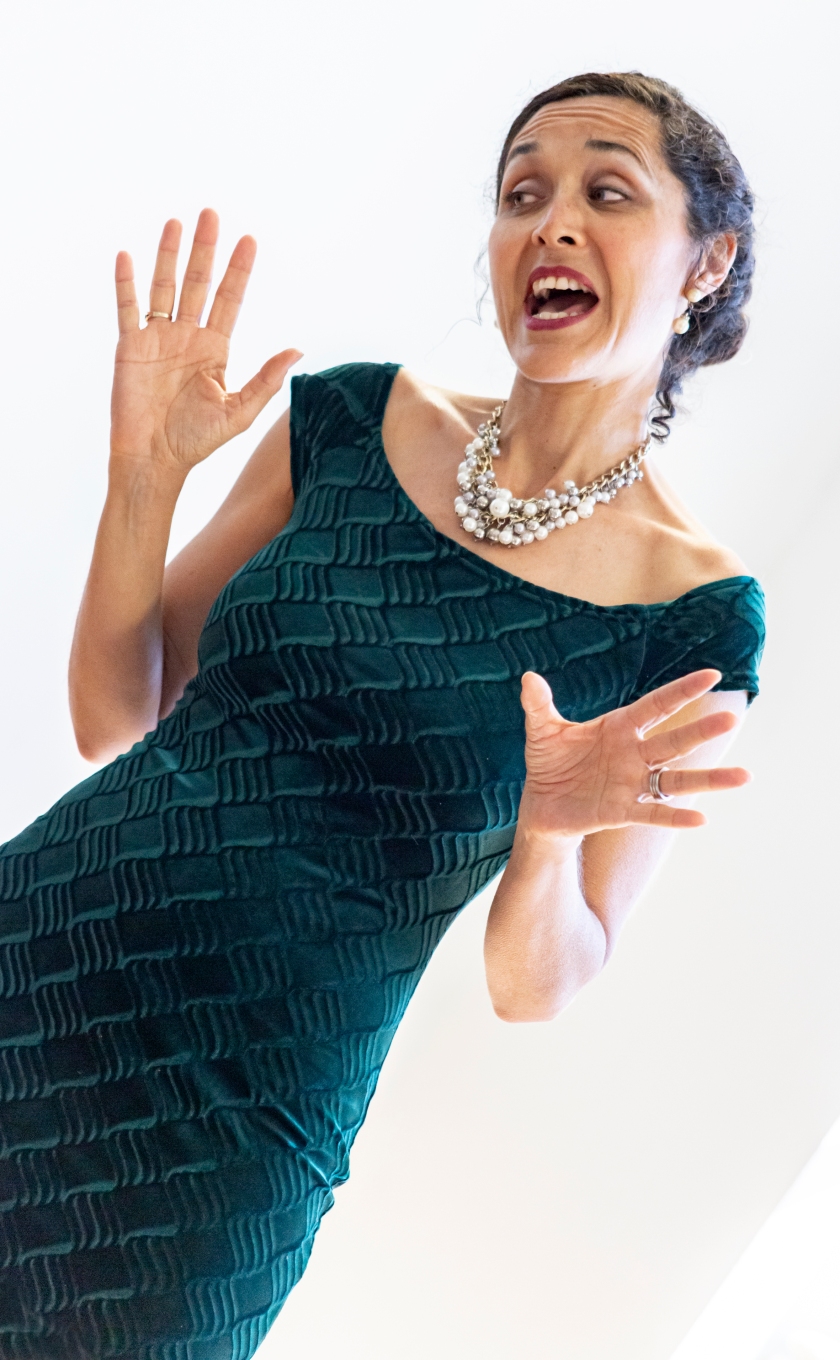
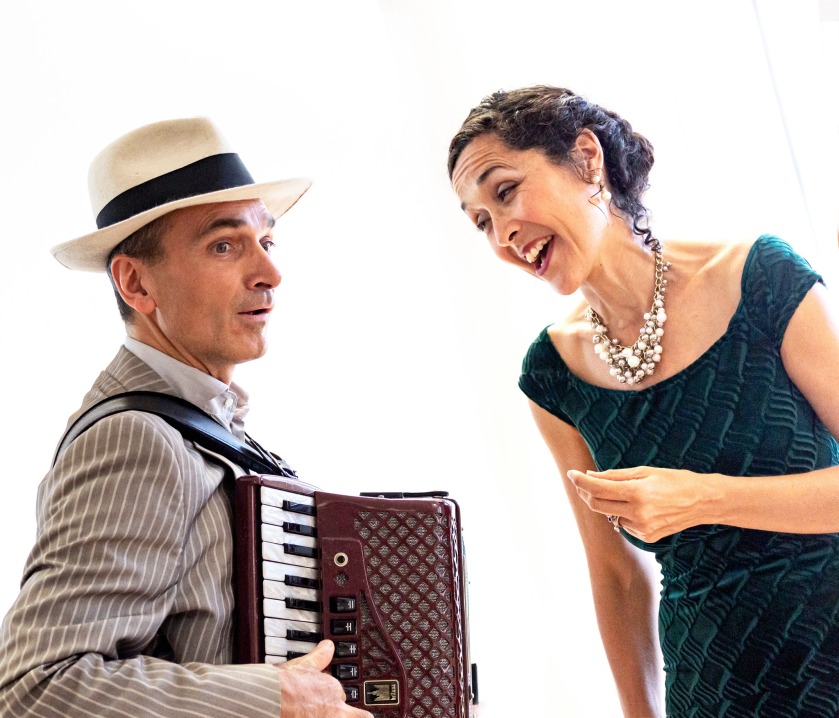

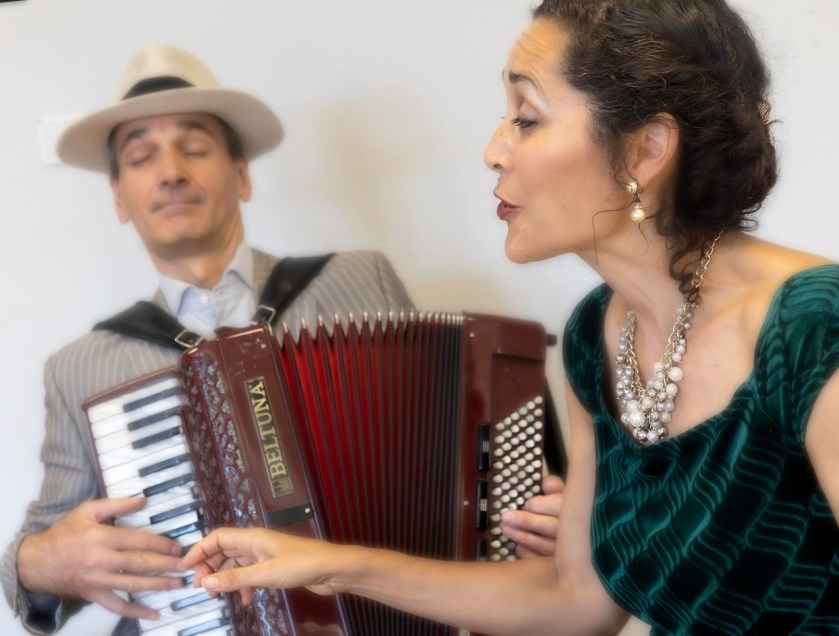


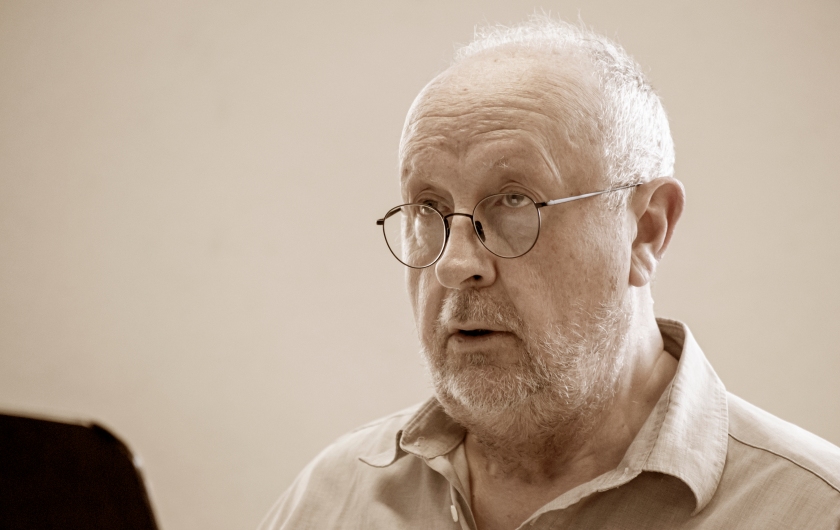

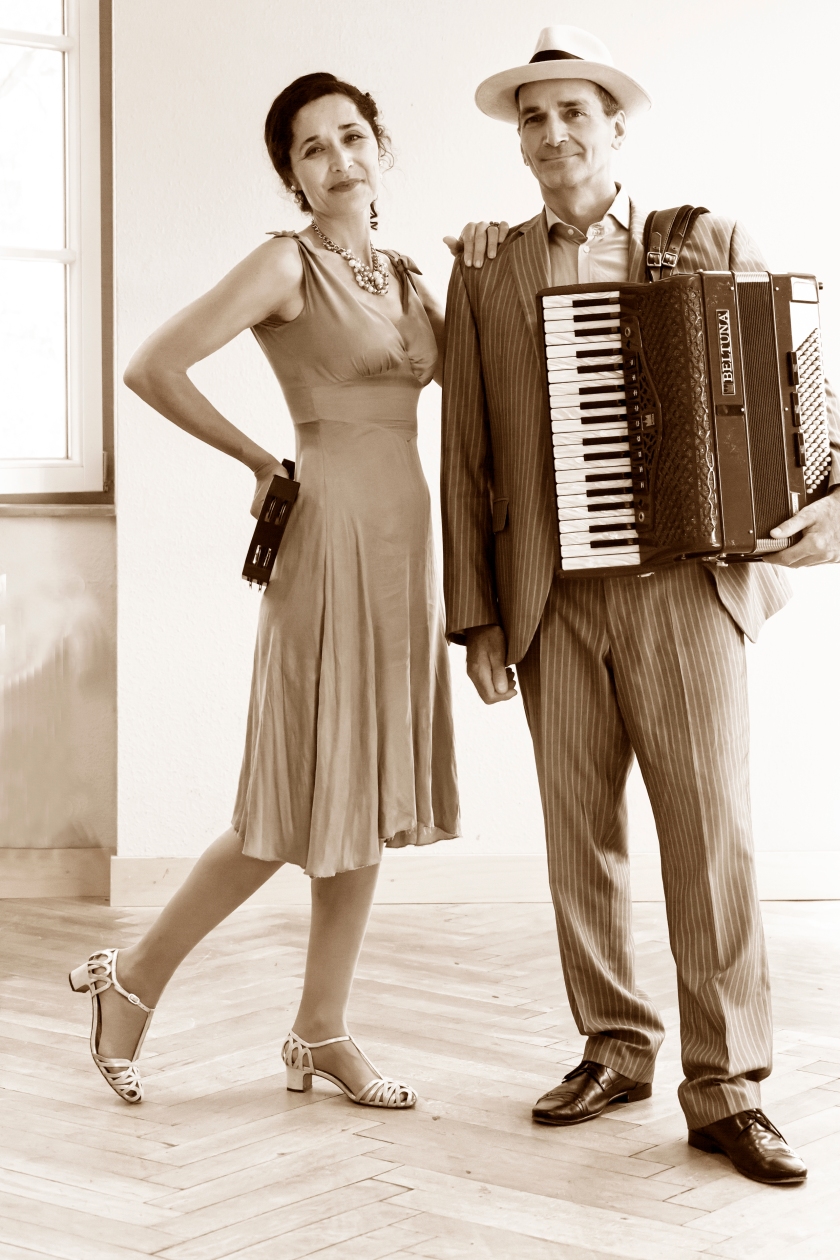

 And it’s the first half of the last post in this blog thread for Bobbo! I present the Grande Finale: Installment # 41! describing what to call groups of animals … See how many you can guess. Answers listed at the bottom of the page. Happy Easter, everyone. May the world be reborn.
And it’s the first half of the last post in this blog thread for Bobbo! I present the Grande Finale: Installment # 41! describing what to call groups of animals … See how many you can guess. Answers listed at the bottom of the page. Happy Easter, everyone. May the world be reborn.











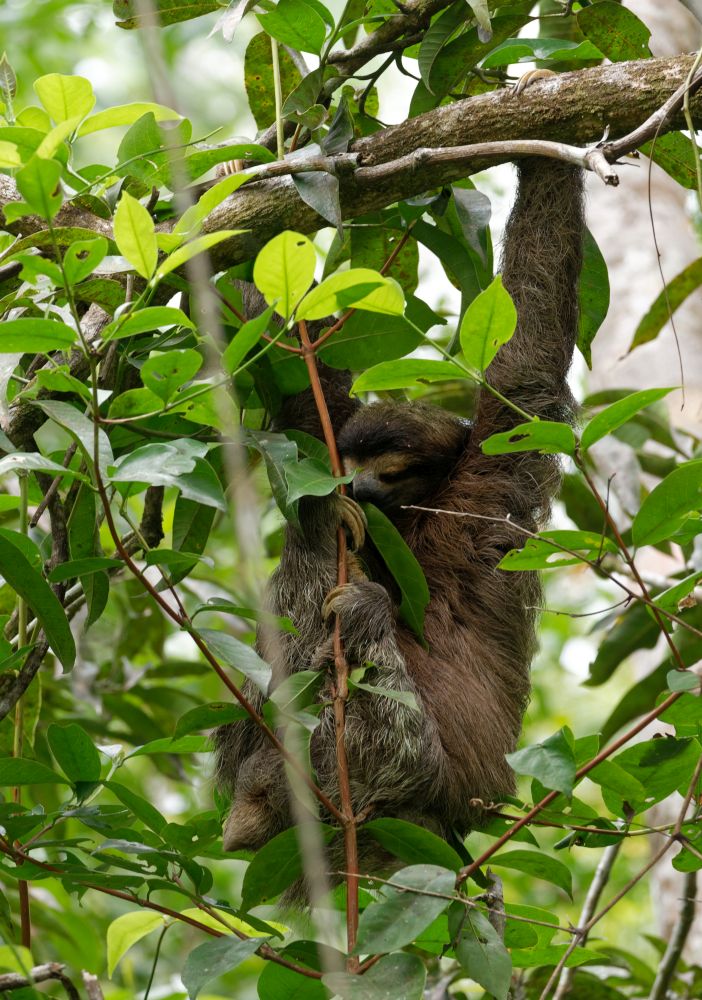
 NOTES: Text © Jadi Campbell 2020. Quotation from
NOTES: Text © Jadi Campbell 2020. Quotation from 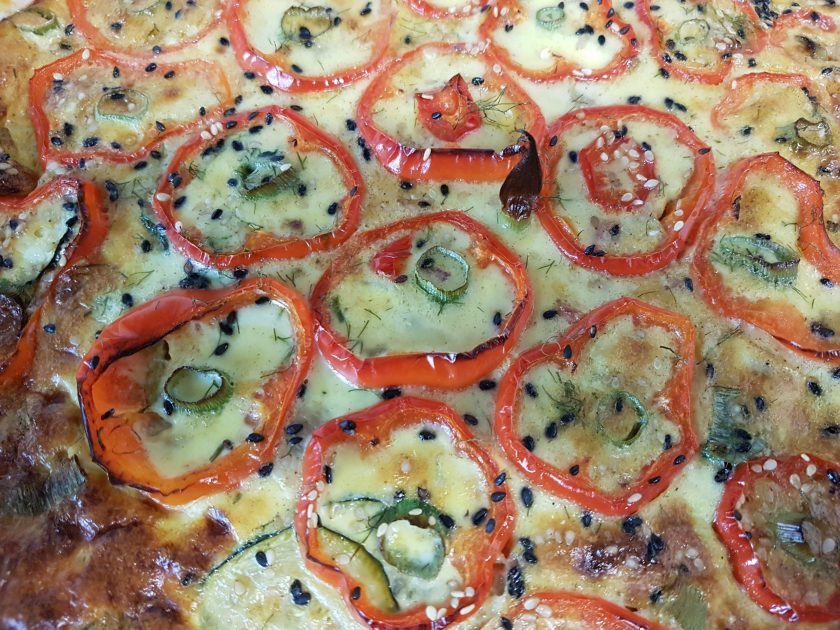 And I go for walks, and practice self-care. I love to cook, so that’s more than all right. I can take my time with elaborate recipes. Great way to channel my restlessness. Uwe and I live together in lockdown harmoniously most of the time.
And I go for walks, and practice self-care. I love to cook, so that’s more than all right. I can take my time with elaborate recipes. Great way to channel my restlessness. Uwe and I live together in lockdown harmoniously most of the time.
